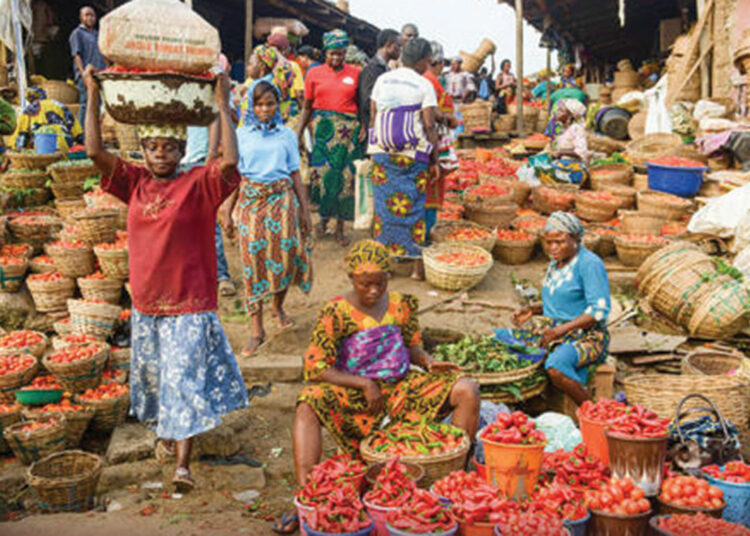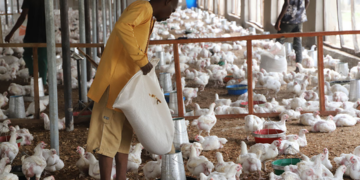Experts have identified soil degradation, insecurity and soil fertility depletion as major contributors to the problem of food insecurity in Nigeria.
The experts at a three-day workshop on sensitization and advocacy on the need to set up laboratories in each local government in Ibadan, Oyo State, advocated for sustainable agricultural practices.
They urged the government to launch sensitization programmes to educate farmers on the importance of soil testing. This would address the alarming rate of soil degradation, which was severely impacting agricultural production and exacerbating food insecurity in Nigeria.
In his address, the assistant chief administration officer of the Department of Agriculture and Climate Change, Dr. Wasiu Oyeleke emphasised that soil degradation, coupled with insecurity, had led to the current state of hunger and skyrocketing food prices in Nigeria.
He lamented that the soil’s fertility had been depleted due to continuous use and increasing population, rendering it unable to support agricultural production.
Oyeleke explained that the soil testing initiative seeks to reduce blanket fertiliser application and promote modern farming practices.
He urged the government to support farmers through sensitisation programmes, ensuring they understand the importance of soil health.
Oyeleke also emphasized that farming should be seen as a commercial and poverty eradication tool, providing employment opportunities for youth and meeting household needs.
He likened soil to medical diagnosis, saying, “We need to know our soil, what it has, what it lacks, and what we need to add to make it better.”
Also speaking, the resource person invited for the programme, an Associate Professor of Soil Fertility, Professor Vincent Modupe, stressed that soil health was crucial for understanding the nutrients and type of crops the soil can absorb.





